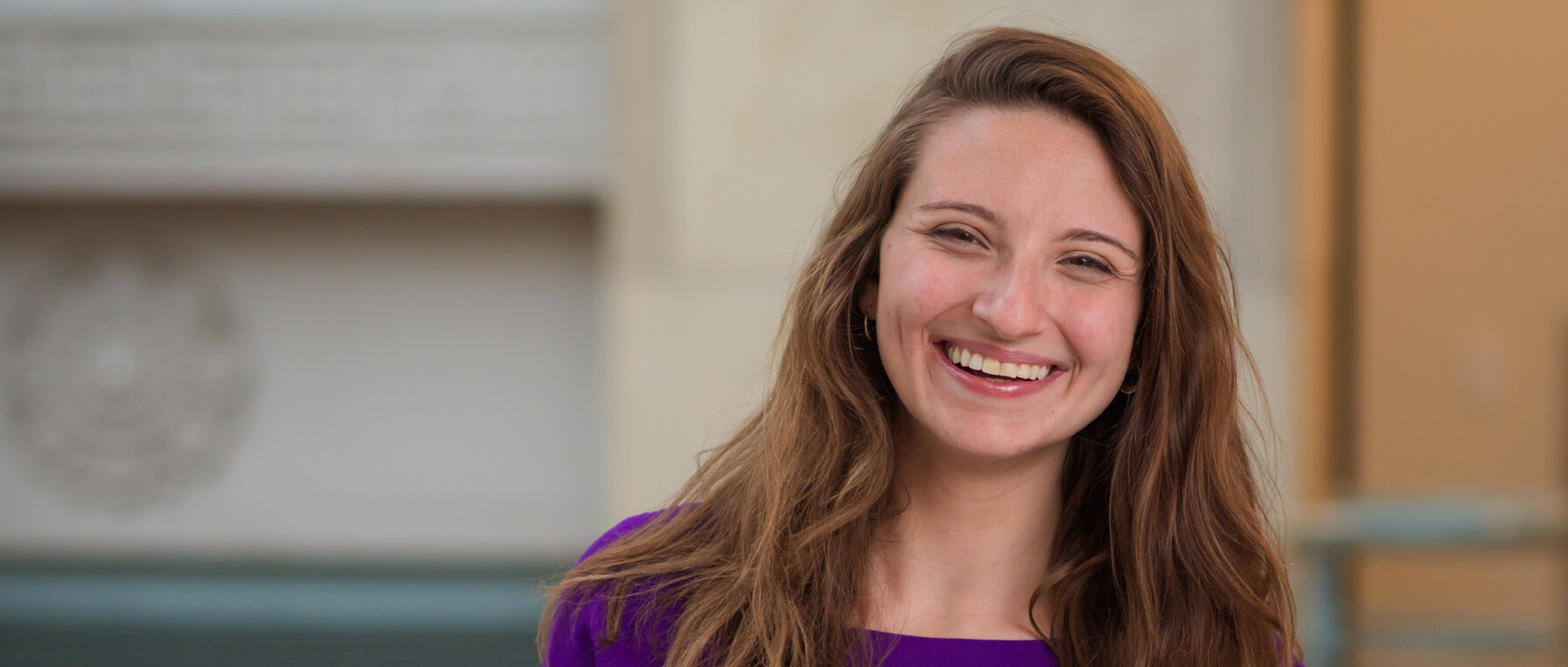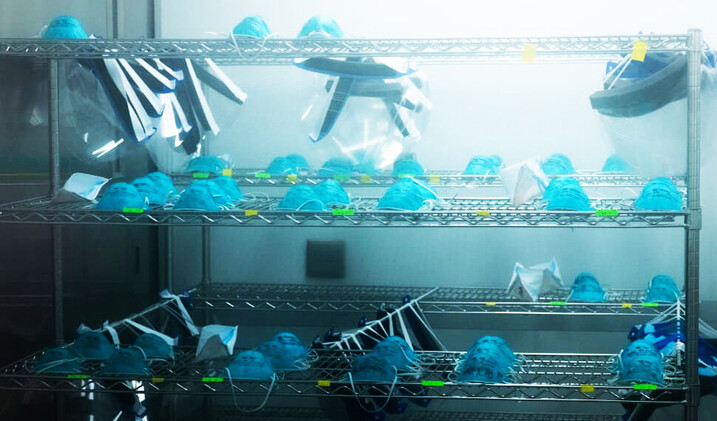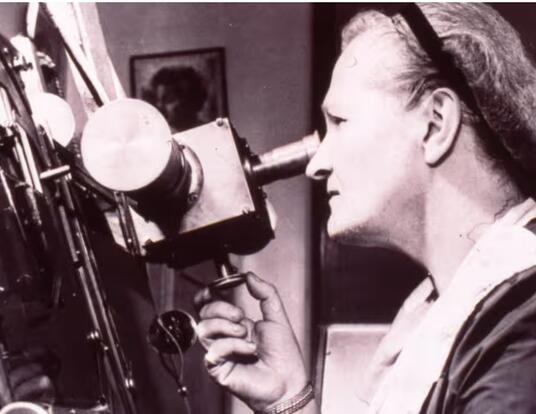The Best Therapy for Each Patient
GSAS Voices: Deborah Plana, PhD ’22

Throughout its 150th anniversary year, GSAS is foregrounding the voices of some of its most remarkable alumni and students as they speak about their work, its impact, and their experiences at the School.
Deborah Plana is an MD-PhD student in the Harvard/MIT Health Sciences and Technology program, where she completed her PhD in systems biology in 2022. Plana works to improve survival outcomes for cancer patients by developing new data analysis tools for clinical trials and preclinical experiments. She talks about finding the best therapy for each cancer patient, the importance of making her research available to the public, and her effort to address the shortage of personal protective equipment during the COVID-19 pandemic.
Making Clinical Trials More Efficient
Clinical trials are the most expensive and highest-stakes experiments in biomedicine, and their results determine which therapies are ultimately used to treat patients. While a typical pivotal trial costs millions of dollars and enrolls hundreds of patients, its associated data will often not be made public, limiting our ability to learn from its results. In collaboration with my advisors Peter Sorger from Harvard Medical School and Adam Palmer from the University of North Carolina at Chapel Hill, we reconstructed otherwise unavailable individual participant data from clinical trials by using image analysis on published trial figures. We then developed methods to re-analyze these results at scale and help design more effective clinical studies. For example, we show how historical trial results can help infer drug efficacy from small sample sizes and ultimately empower researchers to run more efficient clinical trials.
These methods have been applied to find patient subgroups most responsive to cancer drugs, discover drug-response biomarkers, and identify promising new cancer combination therapies. I’m motivated by my own family’s experiences battling cancer, and I hope that my work will help in the effort to identify the most effective therapy for each patient.

Beyond Cancer
In the future, the methods used in my research could be applied to other areas of medicine that stand to benefit from increased precision. I hope that these approaches can help assign the right therapies to individual patients and ultimately improve patient survival outcomes in historically incurable diseases.
I’m also proud that this work, including the underlying code and raw data, is publicly available through the supplementary materials of the associated articles and the website cancertrials.io so that it can be used by other researchers to help accelerate further scientific progress. Our goal is to demonstrate the power of published clinical trial results to inform basic research and inspire others to further release de-identified patient data for public use.
Pandemic, PPE, and the Power of Community
In March 2020, the hospital systems in the greater Boston area began grappling with shortages in personal protective equipment (PPE) in response to the COVID-19 pandemic. In response, I helped organize a volunteer effort known as the Greater Boston Pandemic Fabrication Team (PanFab). PanFab grew to become a 150-person, multi-institutional effort of scientists, engineers, clinicians, and concerned citizens dedicated to using manufacturing approaches such as 3D printing to alleviate shortages in medical products. All PanFab work products were made publicly available without restriction to expedite reuse by others. These products include the creation and delivery of over three thousand face shields to front-line healthcare workers, the integration of a sterilization method for PPE reuse into the workflow of a major academic medical center, and the creation of an open-source Powered Air Purifying Respirator (PAPR) prototype.
PanFab showed the power of grassroots community efforts to help those in need in a time of crisis. I’m very grateful for its members, who instilled in me a sense of belonging and drive during some of the most challenging times of the pandemic.
Get the Latest Updates
Join Our Newsletter
Subscribe to Colloquy Podcast
Simplecast





